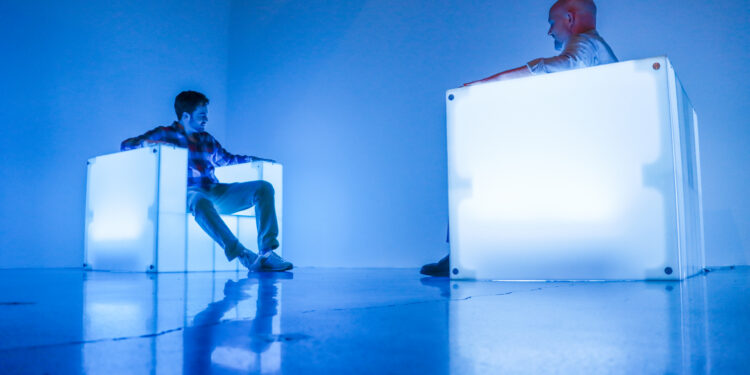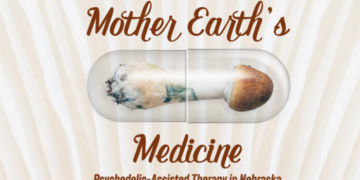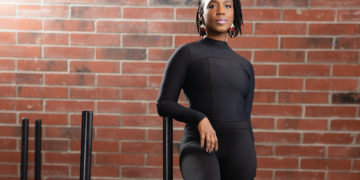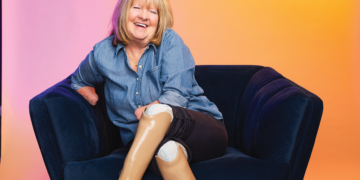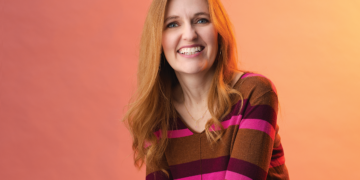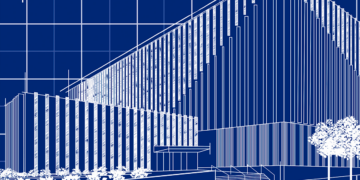We experience the world through our senses. A beam of light shining through our window, a high-pitched barking from the dog next door, the way our clothing feels on our bodies. While many neurotypical individuals have preferences (soft fabrics over rough fabrics or natural light over fluorescent light), individuals with sensory challenges, which includes between 69% and 93% of those with Autism Spectrum Disorder, can experience sensory overload (hypersensitivity) or sensory-seeking (hyposensitivity) as a result of their sensory experience.
You’ll often hear about sensory-friendly accommodations in performing arts and entertainment venues such as a theater, zoo, or museum. Likewise, you can conclude that grocery stores, office buildings, public restrooms – could all be triggering for individuals with sensory challenges.
“Individuals on the spectrum and their families can have a difficult time navigating the world, when so much of it can be triggering,” says Justin Dougherty, CEO/President of local non-profit, Autism Action Partnership.
Autism Action Partnership (AAP) knows the struggles many face when it comes to understanding and acceptance, having served Nebraska’s autism community for nearly fifteen years. AAP works closely with organizations across the community to create more inclusive experiences for individuals and families.
“What it comes down to, is that it’s more than dimming the lights,” says Kate Weitz, Common Senses Festival director, Autism Action Partnership Board Member, and mother of a 10-year-old with autism.
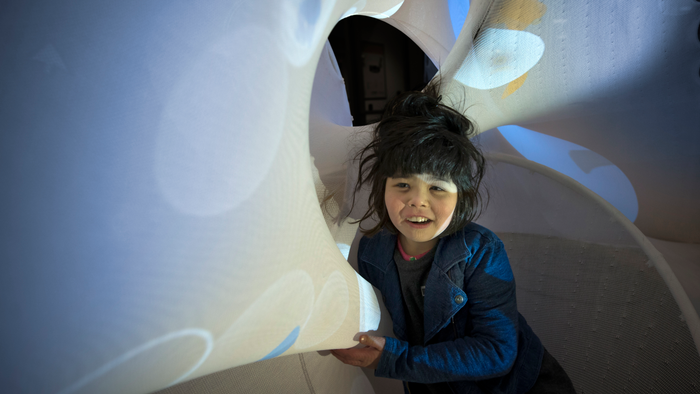
Weitz attended The Big Umbrella Festival in New York City in 2018 with her husband and son, a festival dedicated to arts programs for children on the spectrum and their families.
“We attended workshops and performances and it was wonderful, but there was something missing,” said Weitz.
Enter Common Senses Festival, a festival inspired by her experiences, but with a twist.
“During the festival, individuals on the spectrum will have opportunities to engage in workshops and sensory-friendly performances,” says Weitz. “And, in addition to those wonderful opportunities, everyone, neurotypical and neurodiverse alike, is encouraged to come and engage in interactive installations that help to explain and educate the general public on what makes humans unique and what we all have in common,” shares Weitz.
The installations, which will be housed at KANEKO, engage the senses through visual art and technology. These exhibits range from a fully-immersive 360 degree audio-visual experience to interactive social sensory architecture playscapes to engineered chairs that interpret human connection by making the invisible interactions we have with others – visible.
“This work, curated by national experts, will resonate with the autism world and what neurodivergent individuals can experience as a result of their complex sensory systems,” says Michael Hollins, Common Senses Festival Coordinator, who is volunteering his time on this project.
Common Senses Festival aims to create conversations, acceptance and lasting change in our neurodiverse community. Through powerful programming in visual arts, performance, science and beyond, Common Senses illustrates how we are all similar and we are all unique.
Visit www.commonsensesfestival.com to learn how to Get Involved, Plan Your Visit, and learn more about the offerings of the festival.


